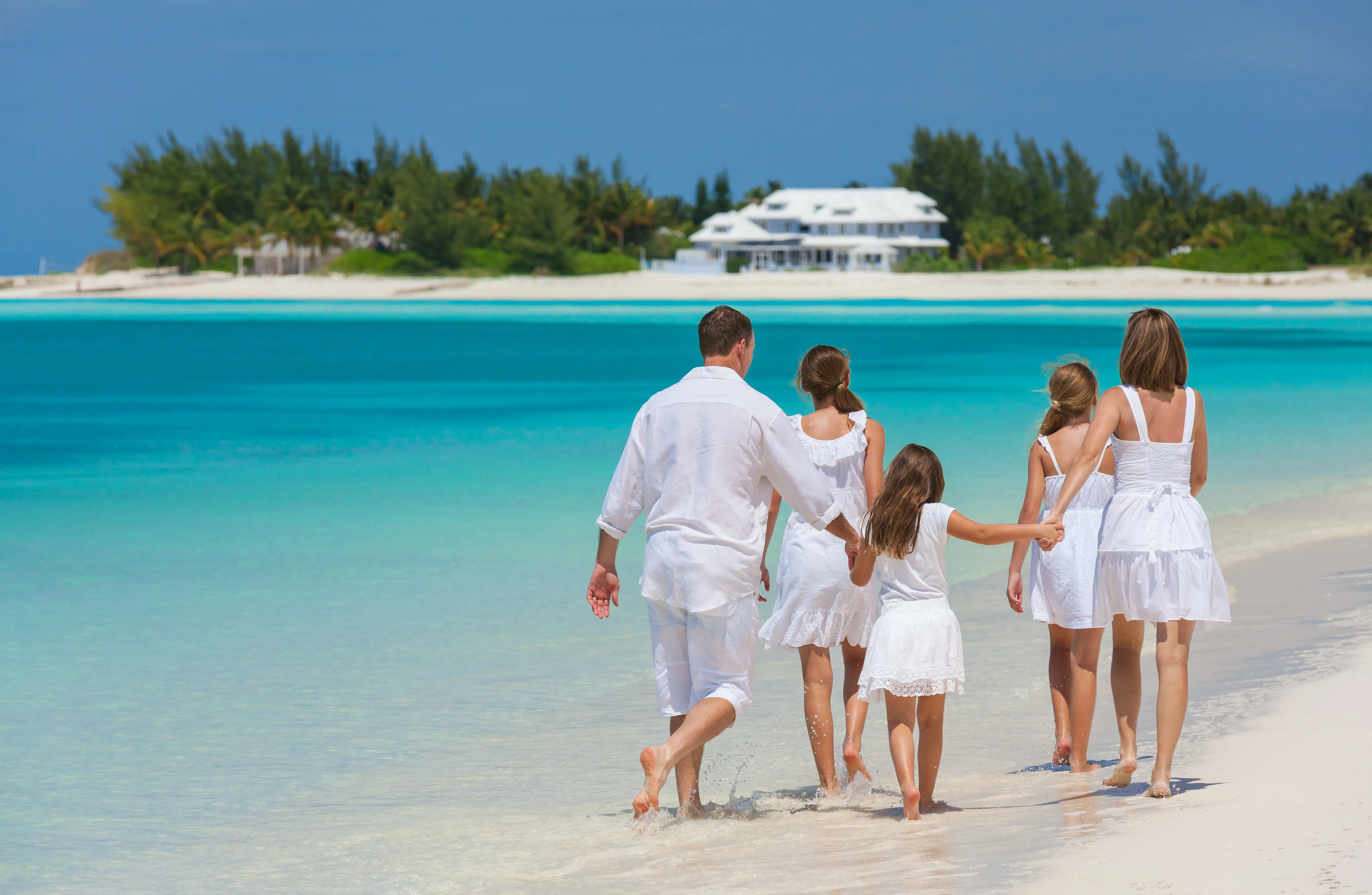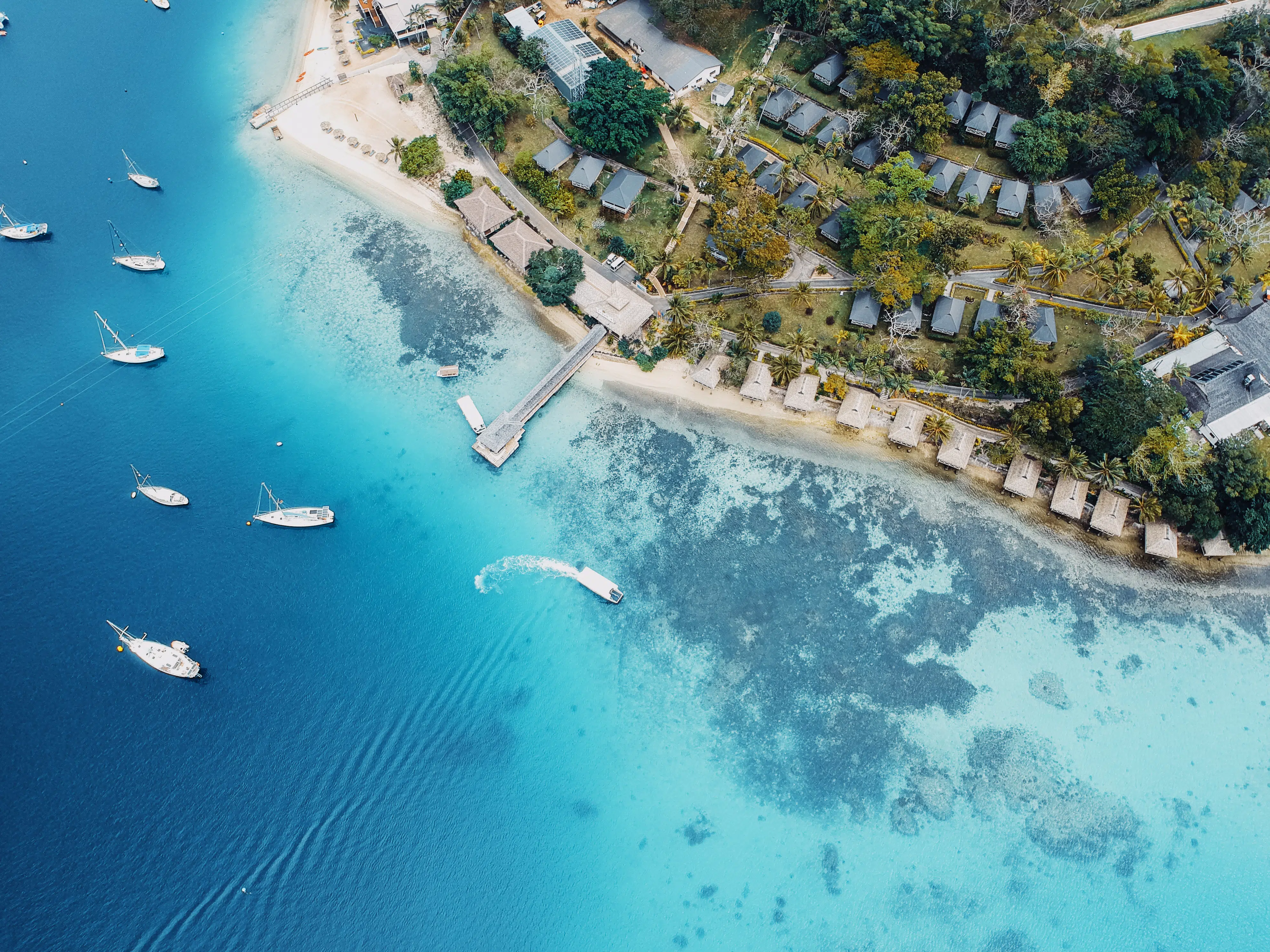With the world entering a post-pandemic inflationary cycle, the pressing question for investors is where to put your money that will provide a safe and secure hedge against inflation. One possible solution is to acquire a second passport!
In this article, we will talk about strategies so that investors can protect their wealth against inflation with the help of second passports.
We asked Serhan Aysever, head of MENA at Beyond Immigration, to outline strategies for investors to protect their wealth from inflation while at the same time recouping personal lifestyle benefits.
How can investors stop inflation slowly eroding their wealth?
Alternative Residence and Citizenship by investment is a great wealth management tool to offset macro-economic risks such as inflation.
Inflation is traditionally kind to real estate, which forms the basis of alternative residency as well as citizenship by investment programs that offer a second passport. Investor migrants in property can lock the asset price at pre-inflation prices, and brick-and-mortar assets usually appreciate in value in periods of high inflation.
Economic wisdom dictates that with inflation, we will see a rise in both home prices and in rents. That is why buying residential property now, and generating cash flow by renting it out, is an investment that is largely inflation-proof.
Global citizenship and residency by investment programs that are linked to real estate allow investors to just hold the property and let both inflation and real growth occur while they live their life and enjoy the benefits of global mobility on top. These programs create legacy wealth for the entire family by allowing investors to expand their financial foothold in real estate but also to pass down alternative citizenship which is a form of priceless asset for many generations to follow.
Other benefits of citizenship and residence by investment?
A second passport is not the only benefit for investors in citizenship by investment programs. Real estate-linked investment migration programs offer real financial upside including tax benefits, cash flow generation through rental yield and long-term appreciation potential as a hedge against inflation. Just one of these upsides is a good enough reason to consider building wealth through real estate. But all of the above with a second citizenship or residency thrown in make this an especially powerful option – not to mention visa-free travel around the world as well as advanced healthcare, education and lifestyle benefits that come with investment migration.
What about the risks?
The programs that we offer at Beyond Immigration are regulated by governments, therefore presenting a low risk to investments.
What are investment minimums and timelines for acquiring a second passport?
Some of the programs have low investment thresholds such as Greece Golden Visa which starts from EUR 250,000. Many others also offer a straightforward path to citizenship of the chosen country. Popular residency programs in Europe include Portugal Golden Visa, which has a five-year path to citizenship, Spain Golden Visa, which has a 7-year path to citizenship, and Italy residence program, which has a 10-year path. Another popular option is the Maltese Citizenship program. Malta requires an investment of EUR 600,000 and a three-year residence period, or in some cases, EUR 750,000 and a 12-month residence period.
The Caribbean nations of Antigua and Barbuda, Dominica, Grenada, St. Kitts and St. Lucia—all of which have traditionally attracted affluent individuals holding passports from countries with limited travel access—are also attractive options with citizenship possible for USD 150,000 or less within months. These programs are traditionally the most sought-after citizenship by investment programs in terms of global mobility which a second passport offers.
Are there any other advantages to having a second passport?
The pandemic was a wake-up call that proved one of the most important benefits of citizenship and residence by investment programs: Money-can’t-buy travel freedoms which proved their worth during COVID when the only way to get into another country was to be a resident or a citizen.
Why should investors worry about inflation?
The economic effects of the pandemic that tore through the fabric of the society have been calamitous. As the world continues to open borders and bring back order to strained global supply networks, the global economic landscape continues to convulse.
With inflation on the rise, protecting your wealth through diversifying your asset base becomes even more vital and a second passport can help you achieve this goal.
The average global inflation rate for 2021 was about 4.35 percent, up from 3 percent the previous year. The US, for example, saw its highest inflation rate since 1982 with a seven percent increase in prices.
When inflation begins to creep upwards, savvy investors take action to hedge against inflation.
The term hedging against inflation usually refers to investing in safe assets with a profit margin that tops that of inflation rates. Historically, these investments would consist of real estate, gold, real estate investment trusts (REITs), stocks, and other similarly structured assets.
Property has proven to be effective based on economic data which shows that real estate net return on investment in the US, for example, consistently outperforms the average inflation rate.
Investors are now looking for more robust solutions to hedge against one of the most capricious economic downturns in recent memory. That is where citizenship by investment to obtain a second process comes in.
How can a second passport hedge against inflation?
While holding a second passport doesn’t seem like a direct route to combating increasing inflation, it can prove extremely effective – especially when obtained through investment.
Various countries offer citizenship by investment programs, through which an applicant can be naturalized and obtain the passport through contribution to the local economy.
All of these programs have a real estate component under their citizenship by investment program (CIP) umbrella.
Hence, instead of buying real estate in their country of origin, investors can snap up prime property in a foreign country with a stable economic outlook and obtain its citizenship in the process.
What citizenship by investment programs does Beyond provide?
The countries that currently offer direct citizenship by investment to obtain a second passport are:
- Antigua & Barbuda
- Dominica
- Grenada
- St Kitts & Nevis
- Lucia
- Turkey
- Vanuatu
How do these programs differ?
The minimum real estate investment threshold required to obtain a second passport in any of these countries ranges between USD 100,000 to 350,000 depending on the program.
All of these countries allow investors to purchase shares in high-end, brand-name resorts under the real estate bracket.
Moreover, all these countries have a thriving tourism sector, so those who purchase real estate either as residential property or shares in a resort can anticipate a steady stream of ROI.
Turkey’s program is a prime example of hedging against inflation through citizenship by investment and obtaining a second passport at the same time. Investors seeking a second passport can apply after purchasing one or more properties valued at least USD 250,000. Turkey is a case in point where an investor can create a lucrative investment portfolio in a market where demand for real estate is constantly outgrowing supply.
Inflation in Turkey hit a massive 17 percent in 2021. However, property appreciation makes up for it and more, with the average increase in real estate prices in 2021 reaching 32 percent. This means that investors who own property in Turkey but do not actually reside there do not need to worry about inflation, as rising asset prices actually help them make a better profit down the road. Factor in rent ROI, and it is a deal one can hardly find anywhere else on the globe.
The Caribbean nations offer a different set of advantages in addition to a second passport: the countries themselves offer tax benefits to citizen migrant investors such as no taxation on foreign personal income, capital gains, withholding, inheritance, wealth, or gift taxes.
Furthermore, buying a share in a five-star resort on a Caribbean island known for being a hotspot for cruise-liners and tourists from all over the globe can provide an attractive ROI. Investors can then recoup their investment, even making a profit through appreciation, after a holding period of 5-7 years, depending on which program they choose.
The Caribbean countries also deal with the Eastern Caribbean Dollar (XCD), which is pegged to the USD at 0.37=1 which offers some form of a hedge against currency fluctuation.
Having an alternative citizenship also gives high net worth individuals better options in terms of global investment opportunities as holders of a second passport.
Other nationals may find it difficult to move around their wealth and invest in foreign assets to hedge against inflation due to instability in their home countries. By having a second citizenship in a stable country with a robust financial services sector, such as those found in the Caribbean or Turkey, they can be in a stronger position to protect their wealth.
During runaway inflation, how quick is the process for investors to acquire a second passport?
As inflation continues to skyrocket, hedging against it becomes a matter of urgency. The good news is that most CIPs only require 4-6 months of processing time until the applicant obtains a new citizenship.
The process is quick, simple, and can be done remotely through an experienced service provider. Contact us today, and our experienced investment migration experts will guide you through the process of hedging against inflation whilst simultaneously obtaining a second passport by investment.
Do you want to discuss your immigration options to protect your wealth against inflation through a second passport?
Please get in touch with a member of our team today at enquiries@beyond-immigration.com





Leave A Comment